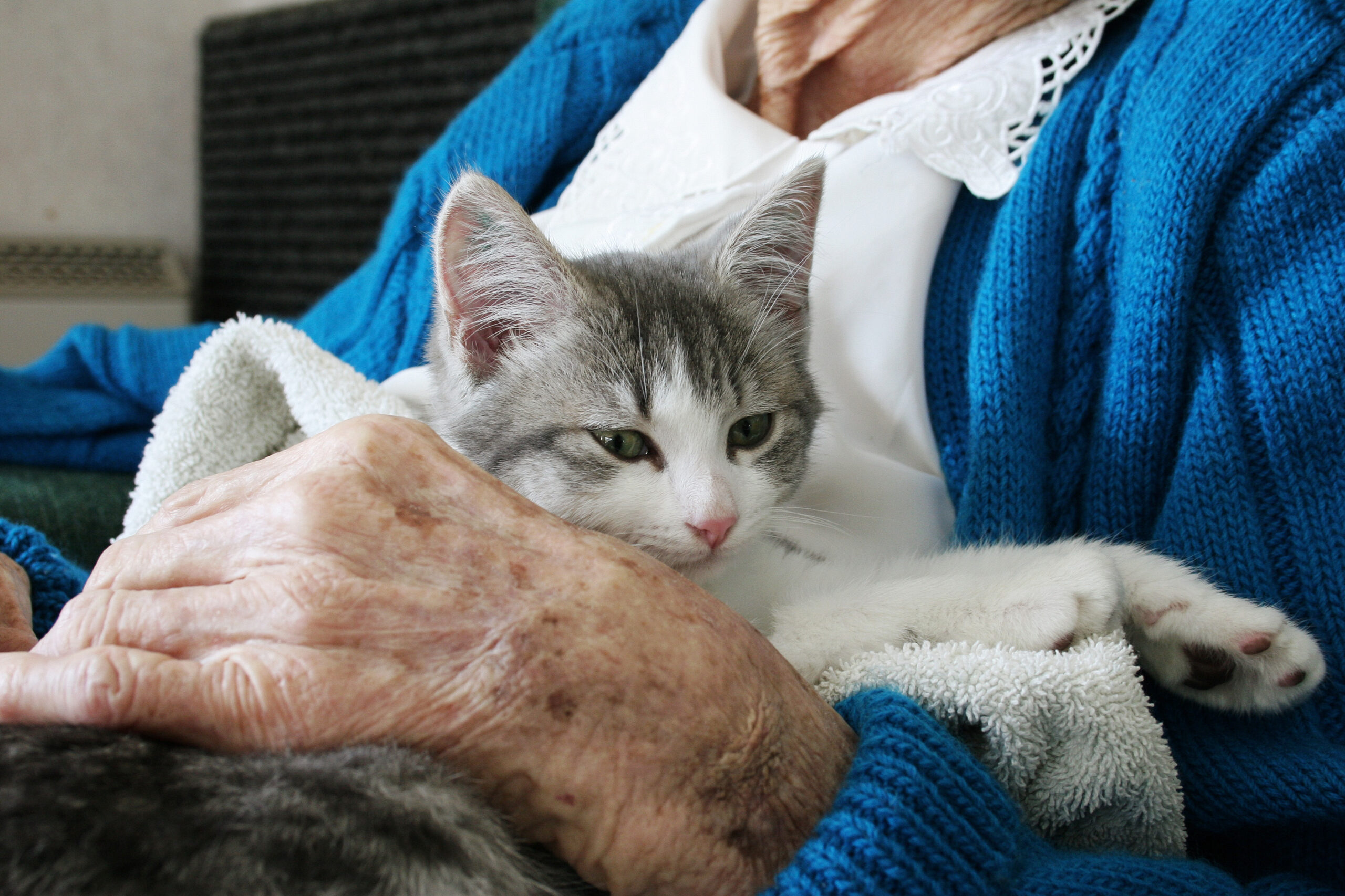We know that pets can bring joy and comfort into our lives. Dogs improve health by forcing us to stay active and feline or canine companionship can lower blood pressure and improve sleep; but are pets also good for our immune system? Researchers think so! And pets are being put forward as the latest probiotic.
Scientists have increasingly found that keeping all germs vanquished from indoor spaces may not be the best way to develop a healthy immune system. We need exposure to bacteria in order to resist illness and allergies later in life.
Research has found that dog ownership increases the levels of 56 different species of bacteria indoors while cat ownership raises the levels in 24 categories. Dogs bring all manner of bacteria indoors on paws, fur and snouts despite any attempts to wipe them clean, which is generally a good thing for our health if not our carpets. Not all bacteria is healthy however; turtles and frogs can carry salmonella on the skin and in their feces so be sure to wash hands thoroughly after handing these pets.
According to a recent report in the New York Times, a biologist at the University of Arizona is working on a study of the elderly to discover how sharing living space with a dog can change gut microbiomes. Research from the University of Chicago’s Microbiome Center has linked exposure to animal bacteria with changes in human gut bacteria which in turn can affect mood and other mental functions.
To read more about the bacterial and fungal species found in homes, visit the Proceedings of the Royal Society B Biological Sciences journal by following this link.






Add Your Voice
0 Comments
Join the Discussion